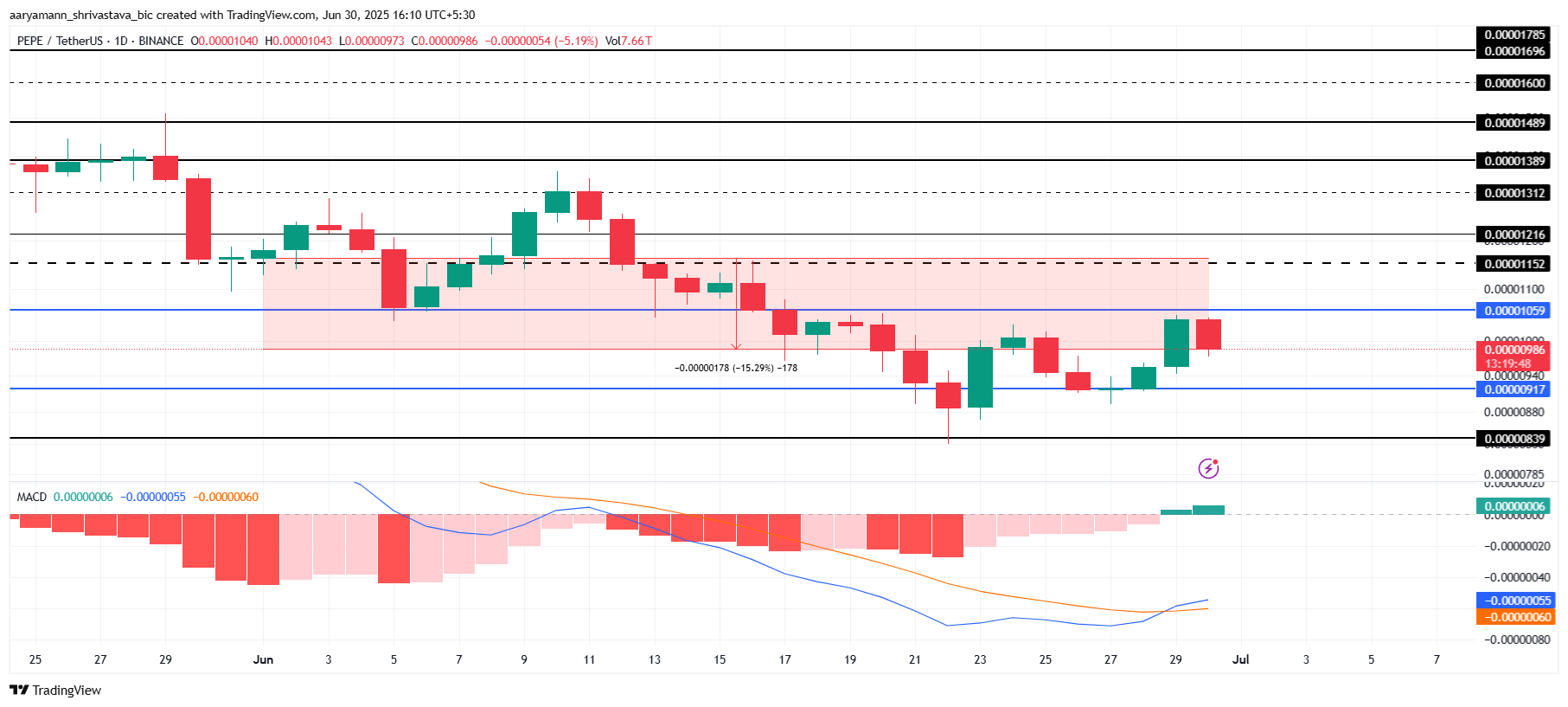
USDC issuer Circle has secured in-principle approval from Abu Dhabi’s financial regulator. This move marks a key step for the fintech giant in expanding its presence across the Middle East and Africa (MEA). Besides, the approval also highlights the UAE’s role as a leading hub for regulated digital finance innovation.
USDC Issuer Circle Wins Major Approval In Abu Dhabi
The stablecoin issuer revealed that it had received initial regulatory clearance from the Financial Services Regulatory Authority (FSRA) of the Abu Dhabi Global Market (ADGM). The FSRA approval allows the company to progress toward a full Financial Services Permission (FSP) to operate as a money services business in the UAE.
This marks a major step forward for the USDC issuer, which was formally incorporated in ADGM in December 2024. CEO Jeremy Allaire highlighted the UAE’s openness to regulated innovation. He stated the country is becoming a global model for building a resilient Internet financial system.
Meanwhile, Allaire said this approval helps the fintech firm to build lasting ties in markets that support blockchain-based finance. He also emphasized the firm’s long-term commitment to compliance and transparency, stating that regulatory clarity can drive meaningful innovation.
Dante Disparte, Circle’s Chief Strategy Officer, echoed this sentiment. He said the move is not just a regional milestone but a strong global message that oversight and innovation can go hand-in-hand. According to Disparte, the firm’s infrastructure is designed to support the safe adoption of stablecoins worldwide.
ADGM also welcomed the development. Arvind Ramamurthy, its Chief of Market Development, said the company’s approach fits perfectly with ADGM’s goal to become a global fintech hub. He noted that Circle’s presence will boost the growth of future-ready financial services across the region.
New Collaboration To Boost Fintech Innovation
In addition to the regulatory win, Circle announced a strategic tie-up with Hub71, Abu Dhabi’s global tech ecosystem. The two plan to collaborate on programs inside ADGM’s digital sandbox.
This includes grants, mentorship opportunities, and access to venture capital for startups working in Web3 and digital assets. The fintech firm will also become a part of Hub71’s digital assets network, connecting with over 500 startups and global investors.
Meanwhile, this news follows Circle’s launch of a global payment network last week. The move sparked speculation that the stablecoin issuer may be gearing up to compete with Ripple in the cross-border payment space.
Besides, the broader stablecoin market has also gained notable traction recently. This comes as analysts at Citigroup project the stablecoin market could reach $1.6 trillion by 2030. A recent Bitcoin price analysis also showed that BTC could hit $475K if this Citigroup prediction holds true, reflecting how the stablecoins might influence the market trajectory.
The post USDC Issuer Circle Hits Major Regulatory Milestone In Abu Dhabi appeared first on CoinGape.








 1.76%
1.76% 
